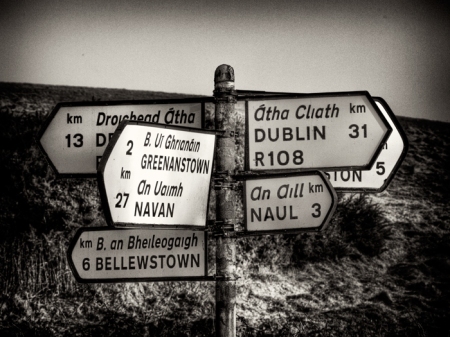Today DCU will be celebrating its involvement in the community when, as one of my last formal acts as President, I shall be handing out the DCU President’s Award for Civic Engagement. This is the first occasion on which this award will be presented, in what will in future be an annual event alongside the President’s Award for Research and the President’s Award for Teaching and Learning. Any student or member of staff can be nominated.
What this award aims to do it to show recognition for the work that so many members of the university community do regularly to support the wider community, whether through special outreach teaching, through community-based research, or through the fostering of links and partnerships with community organisations. This kind of activity is important for any higher education institution, but particularly one that is located so close to areas of very considerable economic and social disadvantage. DCU has long seen such activity as central to its mission, and this drove the university when it started Ireland’s first (and still largest) access programme for disadvantaged students over 20 years ago. It also prompted us to open the ‘DCU in the Community’ outreach centre in Ballymun, which will shortly enter into a new phase of its work.
All universities need to reflect regularly on their civic role and responsibilities. Higher education has traditionally been campus-based, but this has often produced an ethos under which universities saw themselves as self-contained islands in the wider area they inhabit. While a campus structure has many advantages, it does need to be reviewed regularly to ascertain the extent to which it might be seen as exclusive and as inhibiting community engagement. This is a debate that hasn’t really developed properly yet but which needs to be addressed.
In the meantime, I shall be expressing my gratitude to DCU’s community for its engagement, and will state my hope that all higher education institutions will want to see the local community as being part of the university family.

Recent comments